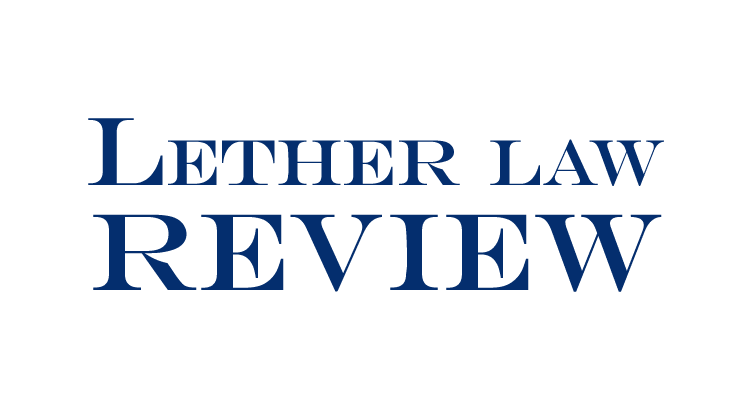New Decision Update
Two well-reasoned decisions from the Western District of Washington have recently provided clarity to Washington law on a pair of subjects that have been of particular interest in the insurance industry in the past several years in this jurisdiction.
These decisions further support our office’s frequent advice that the Federal District Court is a forum that insurers should consider in disputed coverage matters.
The Cox Decision Involving the Scope of IFCA
Kathryn Cox, et al., v. Continental Casualty Company, 2014 U.S. Dist. 68081 (W.D. Wash. May 16, 2014) reconsideration denied, 2014 U.S. Dist. LEXIS 78457 (W.D. Wash. June 6, 2014)
On May 16, 2014, Judge Marsha Pechman issued an order clarifying the scope of the Washington Insurance Fair Conduct Act (IFCA), RCW 48.30.015 The Court ruled that based on the express statutory language, an IFCA cause of action is not available to an insured in the context of a third-party liability claim. In a coverage and extra-contractual lawsuit brought by an insured alleging bad faith and IFCA violation by the insurer arising from the manner in which the insurer attempted to negotiate the settlement of a third-party claim, the Court held that the insured had no standing to bring an IFCA cause of action and dismissed the IFCA claim. On a motion for reconsideration, the Court was pointed in its analysis in affirming its initial ruling.
The Court reasoned that the text of the statute gives rise to a cause of action for any “first party claimant” who is unreasonably denied benefits. “First party claimant” is defined as someone “asserting a right to payment” under a policy. A third-party policy does not grant a right to payment to its holder. Rather it applies to indemnify the holder for third-parties damages. As such, the policyholder has no right of payment as required under the statute, and therefore no standing to assert an IFCA claim.
The MKB Decision on the Applicability of Cedellin Federal Court
MKB Constructors v. Am. Zurich Ins. Co., 2014 U.S. Dist. LEXIS 78883 (W.D. Wash. May 27, 2014).
On May 27, 2014, Judge James Robart issued a decision on an insured’s motion to compel the production of documents from the defendant insurer based on the Washington State Supreme Court decision in Cedell v. Farmers Insurance Company of Washington, 176 Wn.2d 686, 295 P.3d 239 (Wash. 2013). Specifically, the insured sought the production of documents identified in the insurer’s privilege log based on the position that under cedell those documents were presumptively not privileged. The insured sought in the alternative an in camera review of those documents by the Court in order to determine whether the assertion of privilege was appropriate.
The Court rejected the insured’s arguments and took the opportunity it the written decision to provide a detailed analysis of Cedelland its applicability in the federal courts under the Erie doctrine. The Court begins by addressing the substantive requirements of Cedellconcerning the attorney-client privilege and acknowledges that underCedell an insurer must demonstrate that the attorney was not engaged in the “quasi-fiduciary tasks of investigating and evaluating or processing” a claim. The question then was the mechanism by which the insurer could meet this burden.
The Court rejected the Cedell mandate that an the trial court must review any disputed documents in camera holding that this requirement is procedural in nature and is not required of the federal courts under the federal rules. Ultimately, the Court held that while it is within the federal court’s discretion to require an in camera review, it is not required to do so and it may require insurers to meet the burden by other means, including through the identification of the disputed documents in a privilege log.
The Court then addressed the Cedell case in the context of assertions of protection under the Work-Product Doctrine. The Court heldCedell is inapplicable in federal court when the work-product doctrine is invoked. As a result, assertions of protection from disclosure of work-product material will be controlled by the federal rules of civil procedure and none of the Cedell presumptions or procedural requirements will be applicable in the federal courts.

